Warwick MidCareer Faculty Research Award
The Warwick MidCareer Faculty Research Awards were established by anonymous alumni donors to reflect their belief in the value of liberal arts research and scholarship to address complex issues in our society. With this program, the College recognizes and invests in the next generation of faculty who are engaging in new lines of research and creative activity that will both shape our academic fields and benefit our communities.
2024-2026 Awards
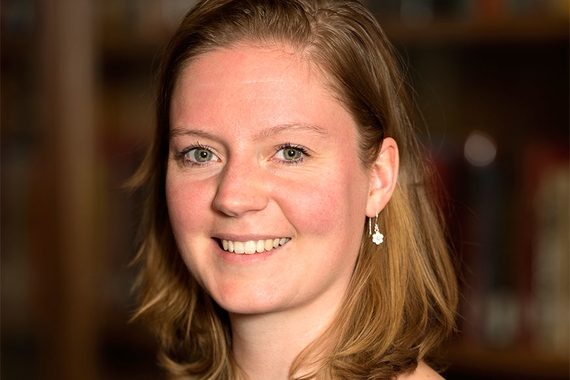
Associate Professor | Journalism & Mass Communication | Claire Segijn's profile
Media Effects and Ethical Ramifications of Phones ‘Listening’ into Offline Conversations
Internet users have reported receiving ads on their devices that are seemingly related to previous offline conversations. Although companies deny using listening practices to personalize communication, internet users think that their electronic devices (e.g., smartphones) are eavesdropping. Given that perceptions of surveillance could affect how people respond to data-driven communication, I am interested in investigating the effects of those perceptions. Specifically, perceptions of surveillance may lead to inhibition of legitimate behaviors, such as limiting speech, online behavior, or interactions with their devices. With an online and a field experiment, I aim to examine internet users’ responses to conversation-related communication and their ethical ramifications. These methods allow me to systematically unravel the black box of data-driven communication and its consequences. The work extends the range of applications of a newly-developed theoretical framework around online surveillance and provides practical implications for communicators, online platforms, and regulators.
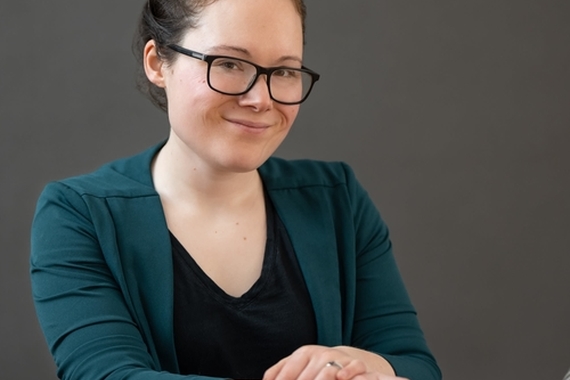
Associate Professor | Political Science | Jane Sumner's profile
The Politics of Small Business Ownership
How does small business ownership affect political behavior? Small business owners have been crucial to the economy, politics, and government since the early years of the US, and yet are poorly understood. I answer this question by contrasting traditional bricks-and-mortar small business owners with two non-traditional groups of small business owners: online small business owners and participants in multilevel marketing schemes (MLMs). A CLA Warwick Mid-Career Faculty Research Award supports this project primarily by funding an unprecedented survey of registered businesses in the State of Minnesota, a sample that will capture traditional businesses, online small businesses, and MLM participants. This survey will, to the best of my knowledge, be the first comprehensive study of the political behaviors and attitudes of small business owners in the United States, and permit me to do analyses, draw comparisons, and solicit interviews and focus groups that will support two book-length projects.
2022-2024 Awards
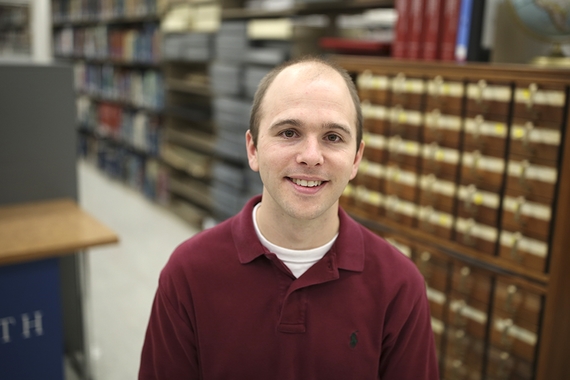
Associate Professor | Geography | Eric Shook's profile
A Geospatial Language for Computers
This project will create the world’s first low-level computer programming language designed to help solve geospatial problems. The project builds on my existing work designing high-level programming languages for geospatial computing and my most recent work in the lowest levels of computer architecture. The Warwick MidCareer Faculty Research Award will provide support to address the elusive “missing middle” in this problem area by connecting a high-level language with a “lowest-level” architecture. It has the potential for real-world impact by providing a more effective way to solve geospatial problems involving big geospatial data, which include many of the grand challenge problems of the world such as climate change, world hunger, mass migration, urbanization, and self-driving vehicular travel. Further, a low-level geospatial language could play a key role in advancing cutting-edge geospatial technologies and geospatial sciences including Geospatial Artificial Intelligence (GeoAI), Geographic Information Systems (GIS), Geographic Information Science (GIScience), and Geospatial Data Science.
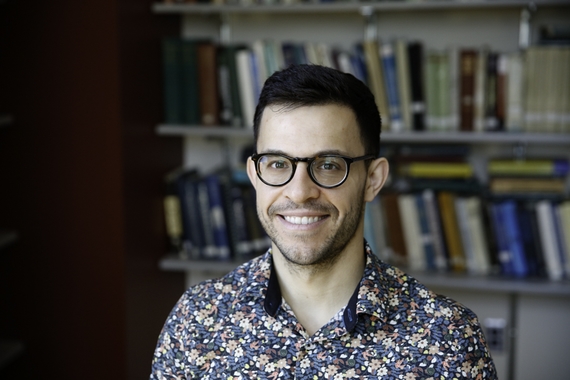
Associate Professor | School of Statistics | Charles Doss
Wastewater-Based Time Series Modeling And Prediction For Sars-Cov-2
This proposal is about developing statistical methods for wastewater-based epidemiology (WBE) for monitoring the status of the SARS-CoV-2 virus, and other pathogens, in a population. WBE can be used to monitor any pathogen (or substance) that can be measured in human waste. University of Minnesota researchers have been analyzing SARS-CoV-2 wastewater measurements from 44 treatment plants across the state of Minnesota. However, the current state-of-the-art statistical methodology for WBE data is not well developed. Challenges include the fact that the data are time series (i.e., dependent samples rather than independent samples), that they are collected at unevenly rather than evenly spaced time intervals, and that the actual WBE virus RNA measurements need to be normalized in some way to make them meaningful/useful. This proposal is about developing methods for modeling WBE measurements, in the presence or in the absence of clinical case measurements.
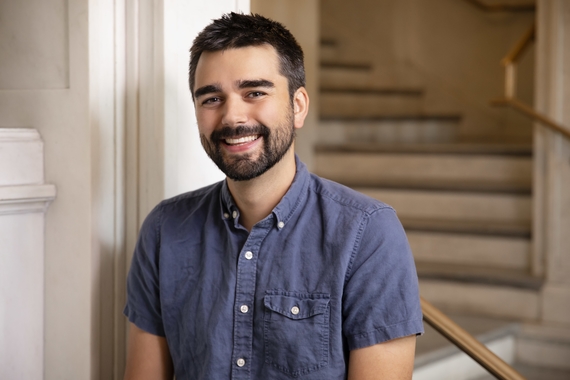
Associate Professor | Sociology | Tom VanHeuvelen
The Life Course Accumulation Of Job Quality And Its Contribution To Later Life Health And Wellbeing
How does cumulative exposure of job quality influence physical health, mental health, and general wellbeing in later-life? Inequality researchers highlight that rewards returned to work include not only wages, but also features like fringe benefits, predictable work hours, and institutional security. "Good" or "bad" employment based on job quality is broadly consequential. Yet previous studies are limited by examining small bands of time, a shortcoming that can be overcome by drawing from the life course literature's emphasis on career-long experiences. To do so, I will construct measures of cumulative exposure to job quality using two of the highest-quality and longest-running longitudinal datasets available to inequality scholars, the Panel Study of Income Dynamics and the National Longitudinal Survey of Youth. Results from this proposed research will be of broad interest to scholars of inequality, work, health, and aging, and will have important implications for public policy.